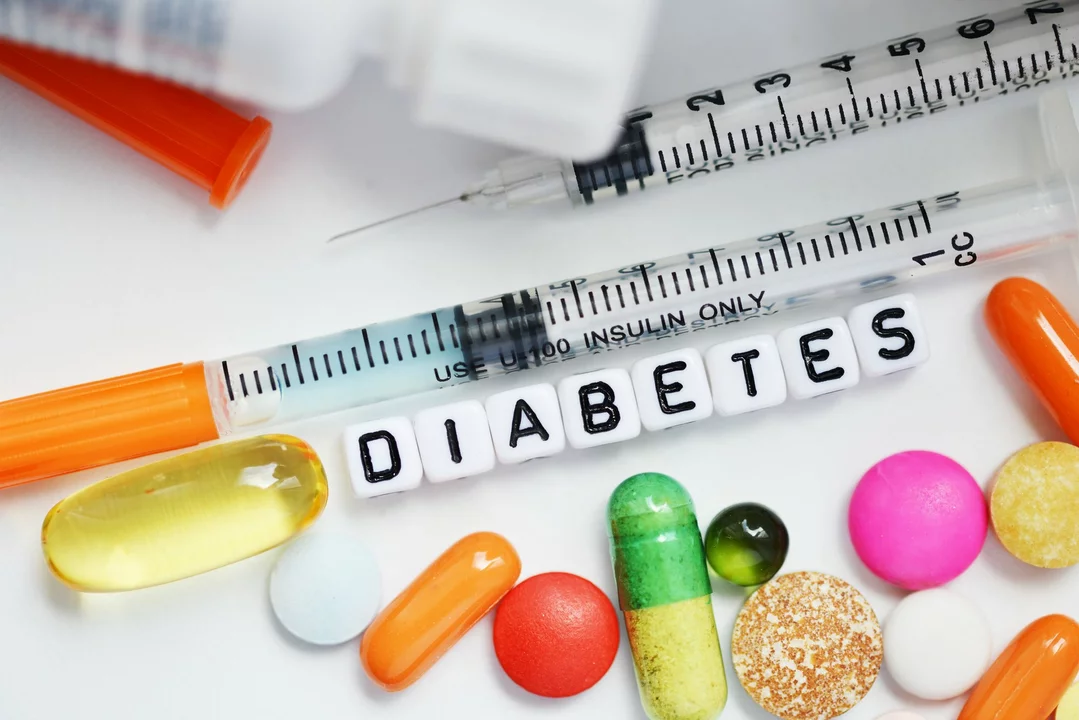Disoproxil — what it is and how people use it
If you see "disoproxil" in a medicine name, it usually means the drug is a prodrug that turns into an active antiviral inside your body. The best-known example is tenofovir disoproxil fumarate (TDF), used in HIV treatment, HIV prevention (PrEP), and chronic hepatitis B. Another form, adefovir dipivoxil, is also a prodrug for hepatitis B treatment.
Prodrugs like disoproxil help the active drug get absorbed and reach infected cells. Once inside, the body converts it to tenofovir (or the active form of adefovir), which blocks viral enzymes the virus needs to copy itself. That slows or stops viral replication and helps control the infection.
Common brand and product names include Viread (TDF) and fixed-dose combos used for HIV therapy and PrEP. Dosing depends on the exact product: for example, TDF tablets are commonly taken as a single 300 mg dose once daily when used as part of an HIV regimen or for PrEP, but you must follow your prescriber's instructions for your condition.
Side effects and what to watch for
Disoproxil-containing drugs are generally well tolerated, but there are specific side effects to watch. The biggest concerns are kidney function and bone health. Tenofovir can cause kidney stress and, in rare cases, Fanconi syndrome (a type of kidney damage). It can also lower bone mineral density over time.
Common complaints include nausea, headache, and mild stomach upset. Serious but uncommon problems include significant kidney function decline and unusual muscle or bone pain. If you notice signs like decreased urination, swelling, severe fatigue, or sudden bone pain, contact your clinician right away.
Your doctor will usually check blood creatinine and urine for protein at baseline and periodically after starting therapy. If you have existing kidney disease, dose changes or a different drug may be safer.
Practical tips: taking it, interactions, and buying safely
Take the drug exactly as prescribed. For many disoproxil products you can take them with or without food, but follow your prescription label. Consistent daily dosing matters, especially for PrEP where missed doses reduce protection.
Watch for drug interactions. Avoid or be cautious with other medicines that affect the kidneys (certain NSAIDs, some antibiotics) and tell your provider about all prescription and over-the-counter drugs, supplements, and herbal products you use. Your HIV or liver specialist can advise on safe combinations.
Buying antivirals online? Use a licensed pharmacy, read reviews, and confirm prescriptions are required. Very cheap or no-prescription offers are red flags. Keep meds in a cool, dry place and follow expiry dates.
Pregnancy and breastfeeding: many guidelines support TDF use in pregnancy for HIV and hepatitis B when the benefits outweigh risks, but always discuss with your provider before starting or stopping treatment.
If you have questions, get lab monitoring, or notice new symptoms, reach your healthcare team. Practical monitoring and honest communication with your clinician keep treatment effective and safer.
As a patient dealing with diabetes, it's important for me to stay informed about medications that may affect my condition. Recently, I came across information about Disoproxil and its potential impact on diabetes. From what I've learned, Disoproxil is a medication primarily used to treat hepatitis B but may have potential side effects for diabetic patients. It's crucial for us to discuss with our healthcare providers any medications we're taking and their possible interactions with our diabetes management plan. Being aware of how Disoproxil may interact with diabetes can help ensure we maintain optimal health and avoid potential complications.

